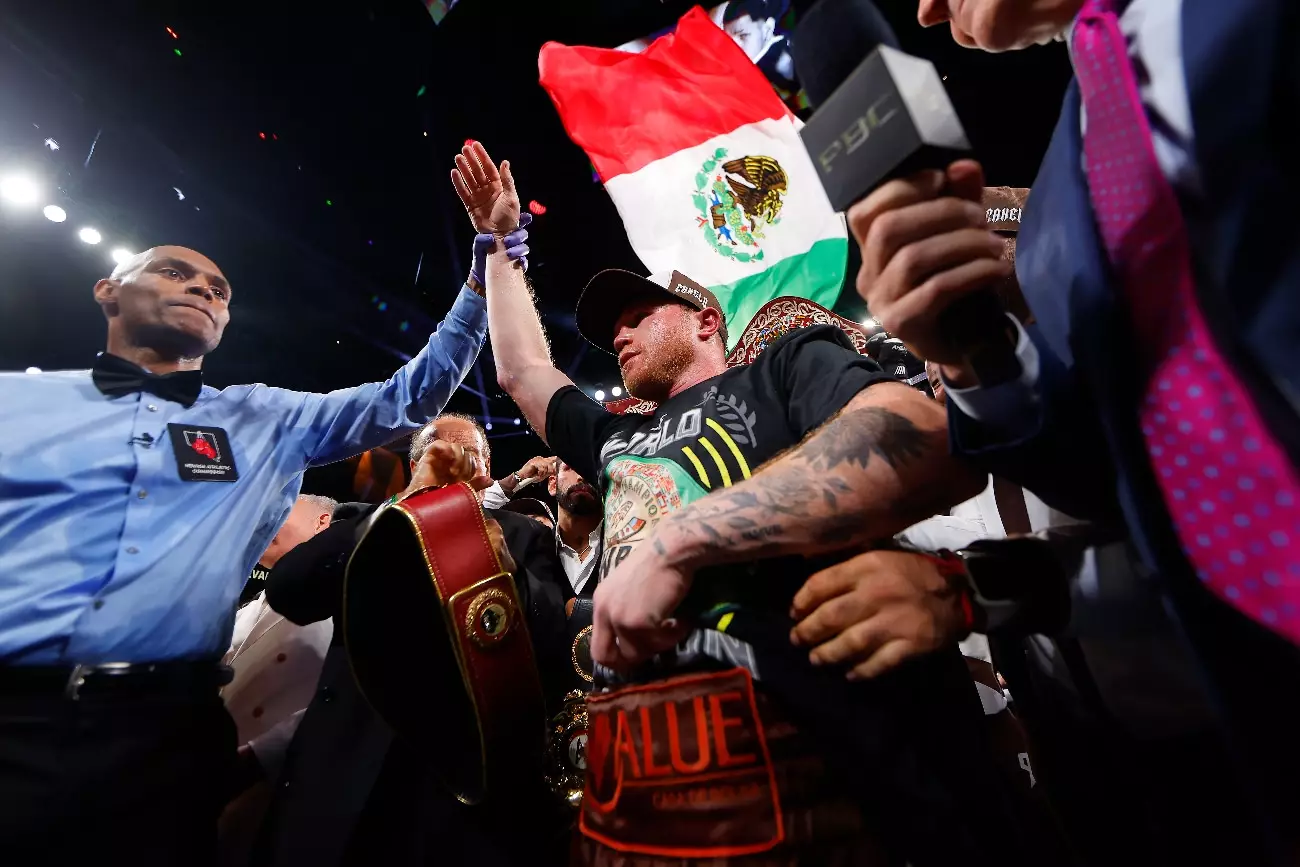In the world of professional boxing, few topics ignite as much debate and fervor as fighter call-outs. Recently, Terence Crawford’s attempt to challenge Canelo Alvarez captured public attention, particularly following his victory over Edgar Berlanga. Crawford’s overtures, supported by notable figures like His Excellency Turki Alalshikh, illustrate a common occurrence where boxers seek to leverage their victories into high-stakes matchups. However, this moment also highlights a foundational issue in boxing: the balance between ambition and realism.
The crux of Canelo’s dismissal of a potential match against Crawford revolves around the significance of established weight classes. As Canelo aptly pointed out, the variance between weight divisions is not merely a suggestion but a critical aspect of the sport’s integrity. Crawford’s performance in his recent ascent to junior middleweight raises legitimate concerns about his readiness to tackle fighters at even higher weights. Struggling against Israil Madrimov, Crawford’s less-than-stellar showing has not only cast doubt on his capabilities but also sits uncomfortably against the backdrop of a big-money matchup—a scenario where sporting merit should ideally prevail over financial allure.
There is an unmistakable tone of desperation in the rhetoric surrounding Crawford’s challenge to Canelo, which resonates throughout the boxing community. Many observers interpret Crawford’s ambitions as a quest for a lucrative payday rather than a genuine shot at glory. Critics argue that, instead of seeking high-profile bouts with decorated champions, Crawford ought to focus on establishing himself against formidable competition within his current weight class. Fighters like Jaron ‘Boots’ Ennis and Vergil Ortiz present viable alternatives for Crawford, offering opportunities to not only enhance his reputation but to truly test his skills.
The conversation surrounding Crawford’s ambitions raises an important reflection: should a fighter prioritize genuine competition over financial gain? For Crawford, moving up two weight classes to challenge Canelo would not only be a monumental physical adjustment but also risks turning into a spectacle devoid of the competitive spirit that boxing proponents cherish. Canelo, positioned like a financial reservoir for many aspiring challengers, often opts to pursue fights with those who exhibit both talent and tactical discernment—qualities that Crawford has yet to solidify at higher weights.
Crawford’s approach feels more reactionary than strategic, indicative of a growing trend in boxing where fame and fortune overshadow the intrinsic merits of the sport. Canelo, having established his own legacy through prudent fight selections, serves as a critical benchmark that fighters like Crawford need to consider. Instead of calling out champions like Canelo, a more prudent course would involve an earnest climb through the ranks, thus demonstrating the championship-worthy prowess that fans—and Canelo himself—would respect. Ultimately, the boxing community craves authenticity, where every ambitious call-out exists not only for personal gain but as a testament to a fighter’s commitment to the sport’s ethos.

